Subnormal: A British Scandal aired on BBC One on 20 May and has caused vigorous commentary on social and mainstream media.
The hour-long documentary forensically deconstructs the creation of an educational system whereby Black West Indian immigrant children were incorrectly labelled ‘handicapped’ or ‘slow’ [accepted terms at the time] and who still feel the psychosocial effects of those labels well into late adulthood.
As racial tensions continue to simmer beneath the surface of British society and in the face of continued injustices after the Windrush Scandal, the programme exposes how school segregation and the practice of bussing Black children to schools outside their districts began because white British parents in Southall believed the influx of Black children put their own children at an educational disadvantage in local schools.
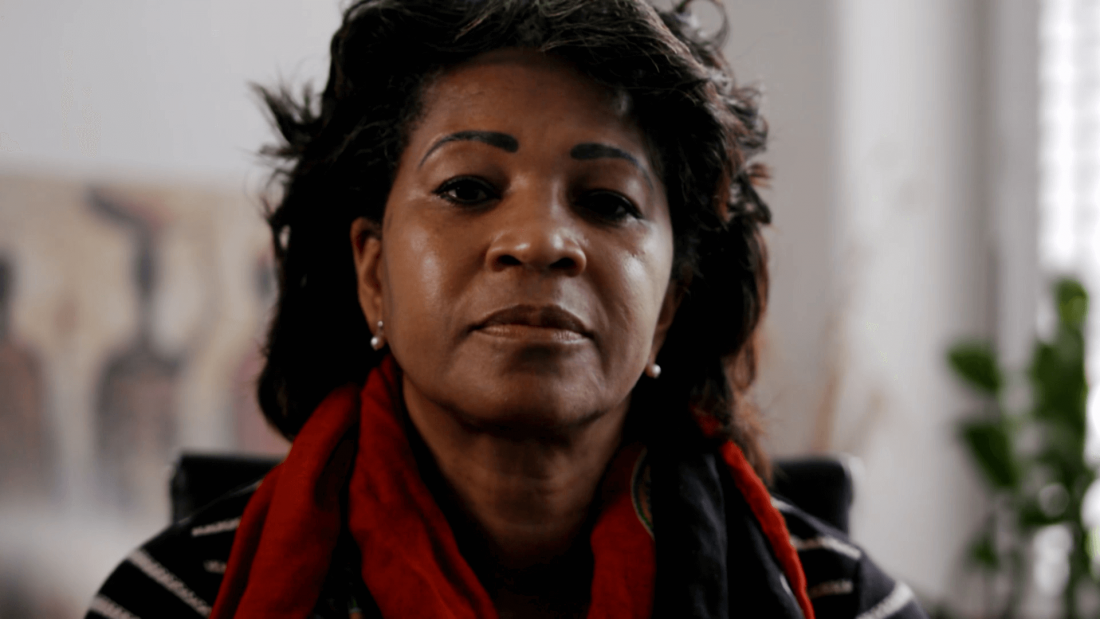
Image Credit: BBC / Rogan Productions / Lyttanya Shannon
The programme also further discloses how parents were unaware of the negative connotations of the term “special needs” and how the label eventually led to a disproportionate number of their children being placed in schools for the “educationally sub normal” (ESN).
Produced and directed by Lyttanya Shannon, herself the grandchild of Windrush Era Jamaicans, the programme chronicles two of the hundreds of people incorrectly labelled as “handicapped” and the key activists whose agitation led to the eventual dismantling of the system.
One of the UK’s first Black educational psychologists, Waveney Bushell, explains how in administering intelligence quota (IQ) tests (a throwback to a post war obsession with intelligence measurement) she discovered how they were set up for Black immigrant children to fail or do poorly based on the notion that they were slower intellectually because of their race (another throwback to notions of racial inferiority or sub humanity among descendants of enslaved Africans).
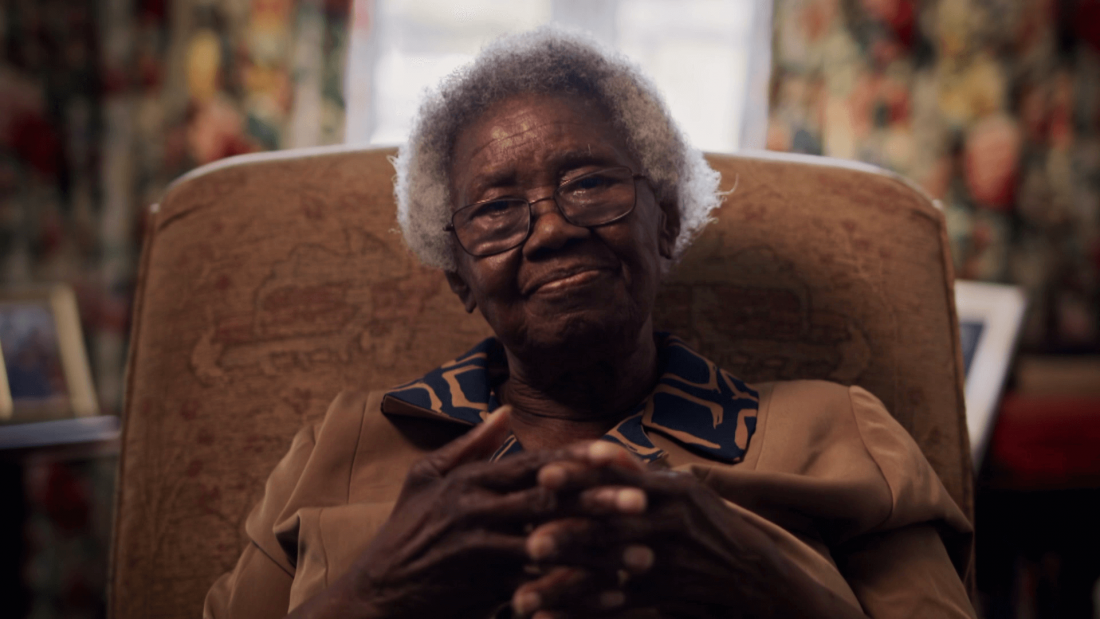
Image Credit: BBC / Rogan Productions / Lyttanya Shannon
The number of Black children at ESN schools was four times that of white students. Yet in Ms Bushell’s examination: “the children didn’t know what the tests were, particularly those who came from the West Indies. [They] were set up to test the true intelligence of the child. [But] The tests were made up not to test children from different cultures. It meant that one was comparing… apples with lemons.”
Something as simple as the different words for household items in England vs. the Caribbean, were having an enormous impact on these students being labelled slow. Among such students was Noel Gordon, who, in apparent rebellion against the title has amassed 13 qualifications and certificates in his 54 years of life.
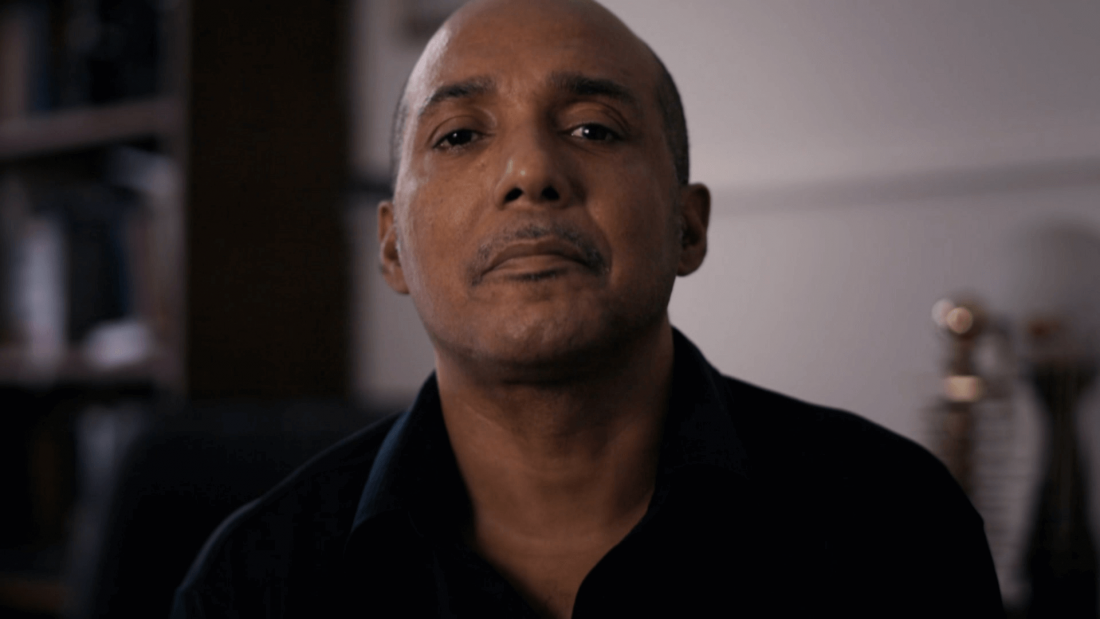
Image Credit: BBC / Rogan Productions / Lyttanya Shannon
Another former ESN pupil Maisie Barrett’s undiagnosed dyslexia meant her mother was told she was ‘backward’. Though intervention from a Black social worker and educational psychologist meant she was eventually sent back to a mainstream school, Maisie never really caught up. To date she has been unable to settle into a single career. She blames this on an obsession with learning.
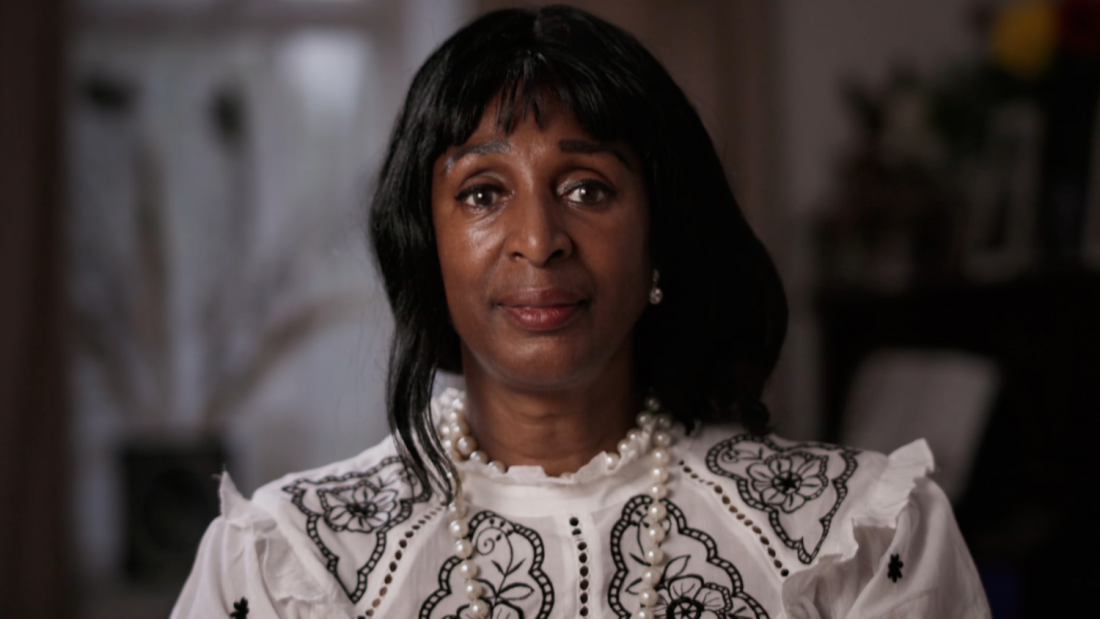
Image Credit: BBC / Rogan Productions / Lyttanya Shannon
Bernard Coard is an author and former teacher who, while in pursuit of his master’s degree in England, stumbled upon groups of parents who were facing difficulties with attitudes towards their children’s intelligence in schools and headmasters attempting to dissuade parents from hoping for more than the most menial outcomes for their children’s schooling.
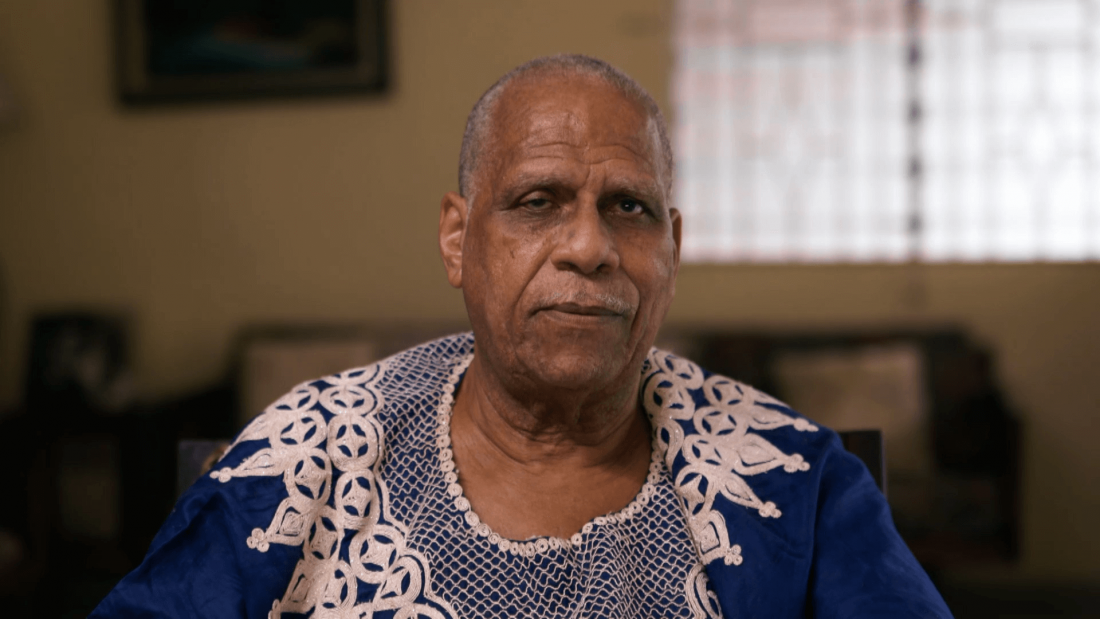
Image Credit: BBC / Rogan Productions / Lyttanya Shannon
This led to a chain reaction of research, public addresses and the discovery of a damning report which admitted Caribbean children were being wrongly placed in ESN schools. Worse, the determination was made to do nothing about it.
Coard finally presented his findings (eventually published as the ground-breaking book – How the West Indian Child is made educationally sub-normal in the British School System) to an umbrella body for Caribbean educators and social workers which first enraged and then galvanized the Black community to set up learning institutions that focused on Black representation and a culturally relevant curriculum. So-called Supplementary Schools focused on elevating the image of Black West Indians and giving them a sense of self and belonging.
Though baffling to some, the notion that Britain wanted skilled workers from former colonies to help rebuild the ‘Mother Country’ after the war yet did not consider how this would impact the societal demographics at every level, is one that is still played out in so-called Modern Britain.
That these injustices are only now being aired in a structured, well-researched fashion speaks to the rot that goes to the marrow of race relations in the Kingdom that is arguably not united. It further legitimises the lived experiences of Black and Asian citizens and immigrants, who have long held the belief that racial discrimination is written into law and perpetuated by the systems of governance controlling society. Arguably the most jarring of these productions is Professor David Olusoga’s The Unwanted: The Secret Windrush Files which was first aired on 24 June 2019.
It took, from the 1960s when the scandal gained momentum until well into the 1980s for a government report to admit that Black underachievement was down to racial prejudice in society at large and not due to genetic inferiority. The term ‘educationally subnormal’ was abolished by the 1981 Education Act and modern pedagogy evolved to endorse teaching children of mixed abilities in the same class.
Subnormal: A British Scandal is available on BBC iPlayer until April 2022. Watch it here.
This article was written by Katrina Marshall














